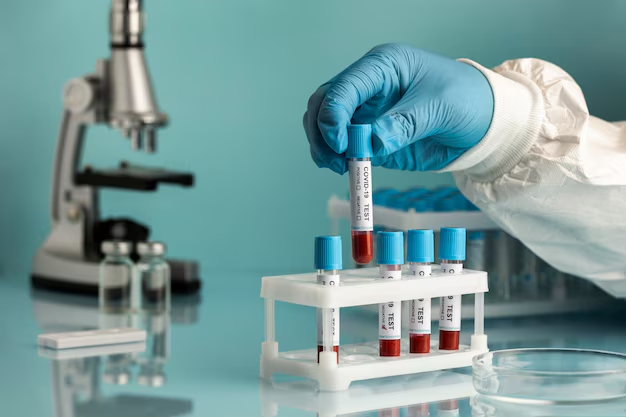Navigating Regulatory Requirements with Lab Testing
Bringing a new product to market is exciting — but it’s also a journey through a complex web of regulatory requirements. Whether you’re developing medical devices, consumer goods, industrial materials, or electronics, strict regulations are in place to ensure safety, quality, and compliance. One of the most effective ways to navigate these requirements confidently is through professional lab testing. In this blog, we explore why testing is crucial, how it supports compliance, and how you can use it to streamline your path to market.
Why Are Regulatory Requirements So Important?
Regulations exist to protect consumers, the environment, and businesses. Agencies such as the FDA, EPA, ISO, ASTM, and REACH set guidelines and standards that products must meet to be legally sold or used in specific markets.
Failing to comply can result in:
Delayed product launches.
Fines and penalties.
Costly recalls and reputational damage.
Legal liability.
Understanding and meeting these requirements early in the process can save time, money, and stress.


How Lab Testing Supports Regulatory Compliance
Every regulation specifies certain tests, analyses, and documentation to demonstrate that your materials or products are safe and effective. Laboratory testing provides the data and evidence you need to satisfy auditors, inspectors, and certification bodies.
Here’s how lab testing helps:
Verifies that materials meet specified chemical, mechanical, and biological standards.
Confirms absence of prohibited substances.
Documents performance, durability, and safety under defined conditions.
Identifies risks before they become compliance issues.
Whether it’s testing for heavy metals in electronics, leachables in packaging, or biocompatibility in medical devices, accredited lab testing ensures your products conform to the relevant standards.
Common Areas Where Lab Testing is Essential
Some of the most common regulatory-driven testing services include:
Chemical Composition & Identification: Ensuring materials meet purity and composition requirements.
Extractables & Leachables Testing: Verifying materials used in medical and food packaging don’t release harmful chemicals.
Biocompatibility Testing: Demonstrating the safety of materials used in contact with the human body.
Failure Analysis: Investigating why a product failed to prevent future occurrences and meet quality standards.
Surface & Contaminant Analysis: Ensuring cleanliness and integrity of critical surfaces.
Choosing the Right Testing Partner
Since regulations can vary by industry and geography, it’s important to work with a laboratory that:
Understands your industry’s regulatory landscape.
Has expertise in the required testing methods.
Provides clear, accurate, and timely results.
Offers support in interpreting results and preparing documentation.
At Genuine Testing, we pride ourselves on helping clients navigate even the most complex regulatory requirements with confidence. Our team combines technical knowledge, advanced equipment, and industry insight to guide you every step of the way.
